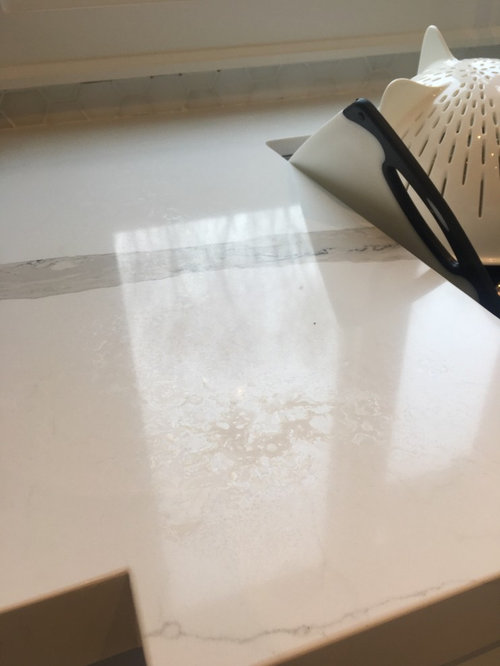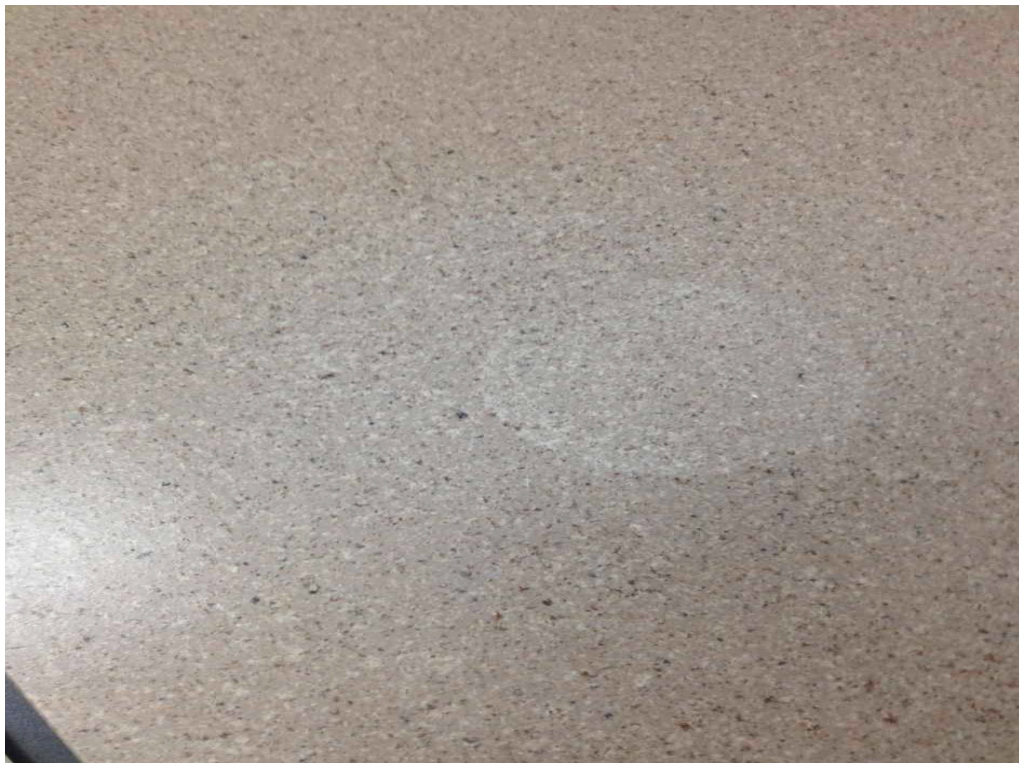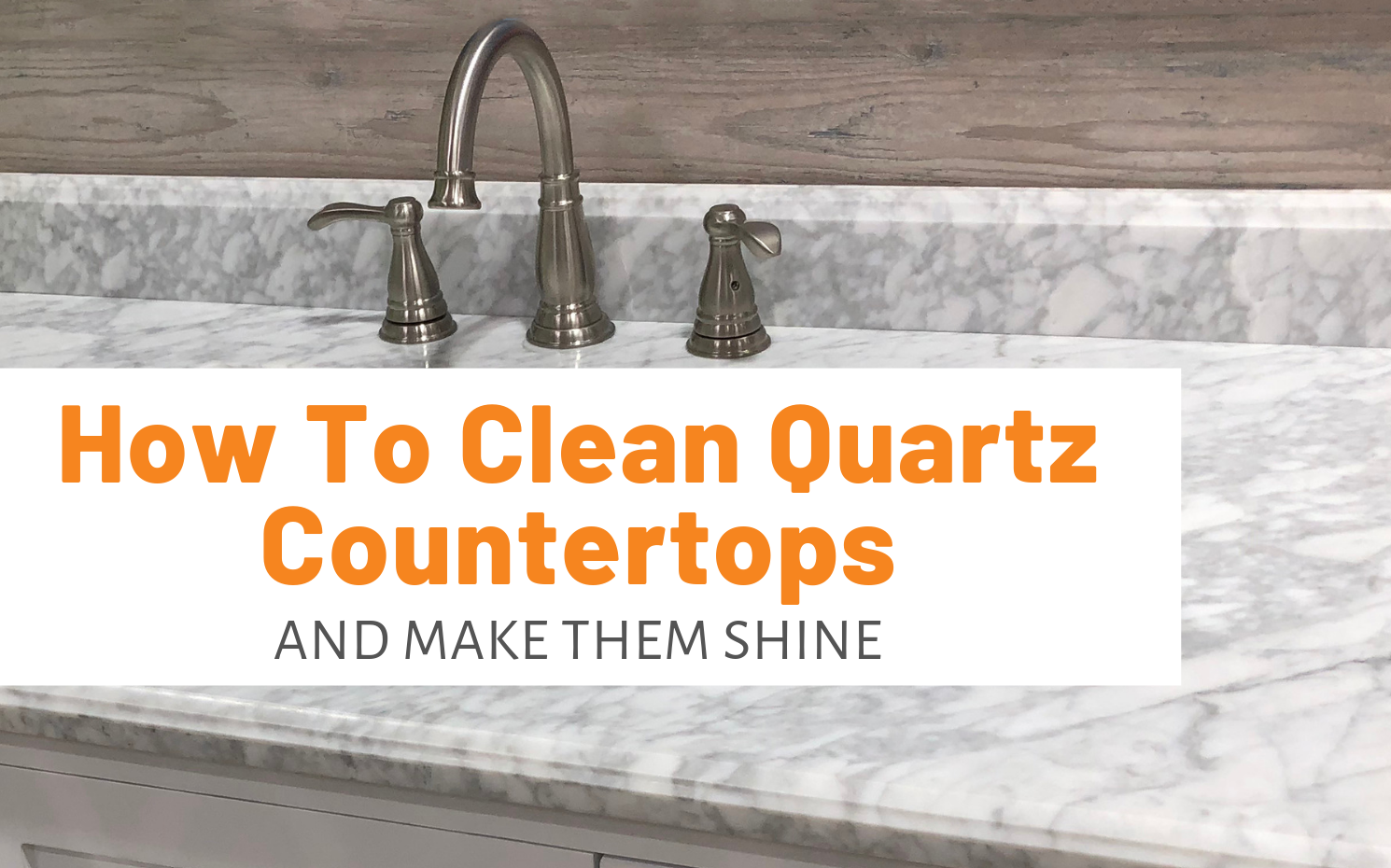Cleaning stains on quartz countertops can be a bit tricky, but with the right approach, it’s manageable. Quartz is known for its durability and resistance to stains, but that doesn’t mean it’s completely impervious. It’s a popular choice for countertops because it combines the natural beauty of stone with the added durability and ease of maintenance provided by its engineered design. Despite its toughness, improper care can lead to stains and dullness over time. The good news is that maintaining its pristine condition is relatively straightforward if you follow some simple guidelines.
First and foremost, it’s essential to understand that quartz countertops are not entirely stain-proof. They are highly resistant to staining, thanks to their non-porous surface, but certain substances can still cause discoloration if left unattended. Everyday items like coffee, tea, wine, and even some fruits can leave marks if they are not cleaned up promptly. The key to preventing stains is immediate action. Wipe up any spills as soon as they occur using a soft cloth or paper towel and some warm water. This quick response will usually prevent any potential staining from taking hold.
For tougher stains, a bit more effort is required. It’s generally best to avoid harsh chemical cleaners, as they can damage the resin that binds the quartz crystals together. Instead, opt for a mild dish soap mixed with warm water. Apply the solution with a soft cloth, gently scrubbing the stained area. For particularly stubborn spots, a non-abrasive cleaner specifically designed for quartz surfaces can be used. Just make sure to follow the manufacturer’s instructions to avoid damaging the countertop.
Another effective method for removing stains from quartz countertops involves the use of a mixture of baking soda and water. This paste can be applied to the stained area and left to sit for a few minutes before gently scrubbing with a soft cloth. The mildly abrasive nature of baking soda helps to lift stains without scratching the surface. After scrubbing, rinse the area with warm water and dry it with a soft cloth to prevent water spots.
Sometimes, everyday items that we might not consider can cause stains on quartz countertops. For instance, oils from cooking, makeup, or lotions can gradually build up and cause discoloration. Regular cleaning with a gentle dish soap and water solution can help prevent these types of stains. Additionally, using cutting boards and trivets can protect the surface from potential damage caused by hot pans and sharp utensils, which, over time, can lead to staining and scratches.

While quartz is highly resistant to heat, it’s still wise to use trivets or hot pads to avoid direct contact with hot cookware. Excessive heat can cause the resin in the quartz to discolor or even crack. Similarly, avoid using knives directly on the countertop to prevent scratches that can trap dirt and lead to staining. Using cutting boards can also help maintain the surface’s smooth, stain-resistant finish.
If you’re dealing with a stain that doesn’t respond to gentle cleaners, you might need to use a more targeted approach. For example, ink or marker stains can often be removed with a small amount of rubbing alcohol applied to a cloth. Gently rub the stain in a circular motion, then rinse with water and dry thoroughly. This method can be effective, but it’s crucial to avoid letting the alcohol sit on the surface for too long, as it can damage the resin.
For more stubborn stains, you might need to resort to a commercial quartz cleaner. These products are specifically formulated to tackle tough stains without harming the surface. Always follow the instructions on the label, and test the cleaner in an inconspicuous area first to ensure it doesn’t cause any adverse effects. Regular use of a high-quality quartz cleaner can also help maintain the countertop’s luster and prevent future staining.

In some cases, a poultice can be used to draw out deep stains. A poultice is a paste made from a powdered absorbent material and a liquid cleaner. Apply the poultice to the stain, cover it with plastic wrap, and let it sit for 24 hours. The poultice works by drawing the stain out of the quartz. After 24 hours, remove the poultice and rinse the area with water. This method can be especially useful for older, set-in stains that haven’t responded to other cleaning techniques.
Maintenance is key to preventing stains on quartz countertops. Regularly wiping down the surface with a damp cloth and mild dish soap can prevent dirt and oils from building up. Avoid using bleach, ammonia, or other harsh chemicals, as these can damage the resin and dull the finish of the countertop. Additionally, be cautious with acidic substances like lemon juice and vinegar, which can etch the surface over time if not cleaned up promptly.
One common mistake people make is using abrasive cleaners or scrubbers on their quartz countertops. These can scratch the surface, creating small crevices where stains can settle. Instead, always use non-abrasive cloths and sponges. Microfiber cloths are an excellent choice as they are gentle yet effective at picking up dirt and grime without scratching the surface.
Another helpful tip is to avoid letting water sit on the countertop for extended periods. While quartz is non-porous, standing water can lead to mineral deposits and water spots, which can be difficult to remove. After cleaning, always dry the countertop with a soft cloth to maintain its shine and prevent water damage.
It’s also worth noting that some cleaners, even those marketed for kitchen use, can leave behind a residue that can attract dirt and lead to staining. Always rinse the countertop thoroughly after cleaning to ensure no residue is left behind. This practice not only keeps your countertop looking its best but also prolongs its lifespan.
Prevention is always better than cure. Using coasters, placemats, and trivets can significantly reduce the risk of staining and other damage. Encourage family members and guests to use these protective items to maintain the pristine condition of your quartz countertops. Additionally, educating everyone in your household about proper cleaning techniques can help ensure the countertop stays in excellent condition for years to come.

Common Mistakes to Avoid
When caring for quartz countertops, there are several common mistakes to avoid to ensure their longevity and beauty. First, never use harsh chemicals like bleach or ammonia, as they can break down the resin that binds the quartz crystals, leading to discoloration and damage. Similarly, avoid using abrasive pads or steel wool, which can scratch the surface and make it more susceptible to stains.
Another mistake is not wiping up spills immediately. Quartz is resistant to stains but not immune. Allowing spills, especially from acidic substances like wine, coffee, or citrus juices, to sit can lead to stubborn stains. Always clean up spills as soon as they occur.
Using the countertop as a cutting board is another common error. While quartz is durable, cutting directly on the surface can cause scratches and dull the finish. Always use a cutting board to protect the countertop from knife marks and potential staining.
Exposing the countertop to excessive heat is also problematic. Placing hot pots and pans directly on the surface can cause thermal shock, leading to cracks or discoloration. Always use trivets or hot pads to protect the quartz from heat damage.
Last, using wax or polishes on quartz countertops can lead to a buildup that dulls the finish and attracts dirt. Quartz is designed to be low maintenance and doesn’t require these products to maintain its shine. Regular cleaning with mild soap and water is sufficient to keep it looking its best.

How do I remove a coffee stain from my quartz countertop?
To remove a coffee stain from a quartz countertop, start by wiping the area with a soft cloth and warm water. If the stain persists, create a paste using baking soda and water, and apply it to the stained area. Let it sit for a few minutes before gently scrubbing it with a soft cloth. Rinse with warm water and dry thoroughly. For stubborn stains, you can use a non-abrasive cleaner specifically designed for quartz surfaces.
Can I use vinegar to clean my quartz countertop?
It’s best to avoid using vinegar on quartz countertops. Vinegar is acidic and can etch the surface, causing dullness and potential damage over time. Instead, use a mild dish soap mixed with warm water for regular cleaning. If you need to remove tougher stains, consider using a cleaner specifically formulated for quartz.
What should I do if I accidentally use a harsh cleaner on my quartz countertop?
If you’ve accidentally used a harsh cleaner on your quartz countertop, immediately rinse the area with plenty of water to remove any remaining cleaner. Follow up by wiping the surface with a cloth soaked in a mild dish soap and water solution. Dry the area thoroughly. If any damage has occurred, such as dulling or discoloration, you may need to consult with a professional to assess and potentially repair the surface.
How can I prevent my quartz countertop from staining?
Preventing stains on your quartz countertop involves a few simple practices. Always wipe up spills immediately, especially those from acidic or highly pigmented substances like wine, coffee, and tomato sauce. Use cutting boards to avoid knife marks and trivets to protect the surface from hot pots and pans. Regularly clean the countertop with a mild dish soap and water solution, and avoid using harsh chemicals or abrasive pads.
Is it necessary to seal quartz countertops?
No, it is not necessary to seal quartz countertops. Quartz is non-porous and highly resistant to stains and bacteria, making sealing unnecessary. Sealing is typically required for natural stone countertops, like granite or marble, to prevent staining. However, with quartz, regular cleaning with mild soap and water is sufficient to maintain its beauty and durability.

Do Engineered Quartz Countertops Stain?

Can Quartz Countertops Stain?

Do Engineered Quartz Countertops Stain? – Use Natural Stone

How To Clean Quartz Countertops And Make Them Shine

How to Clean Quartz Countertops – Simple Green

Related articles: